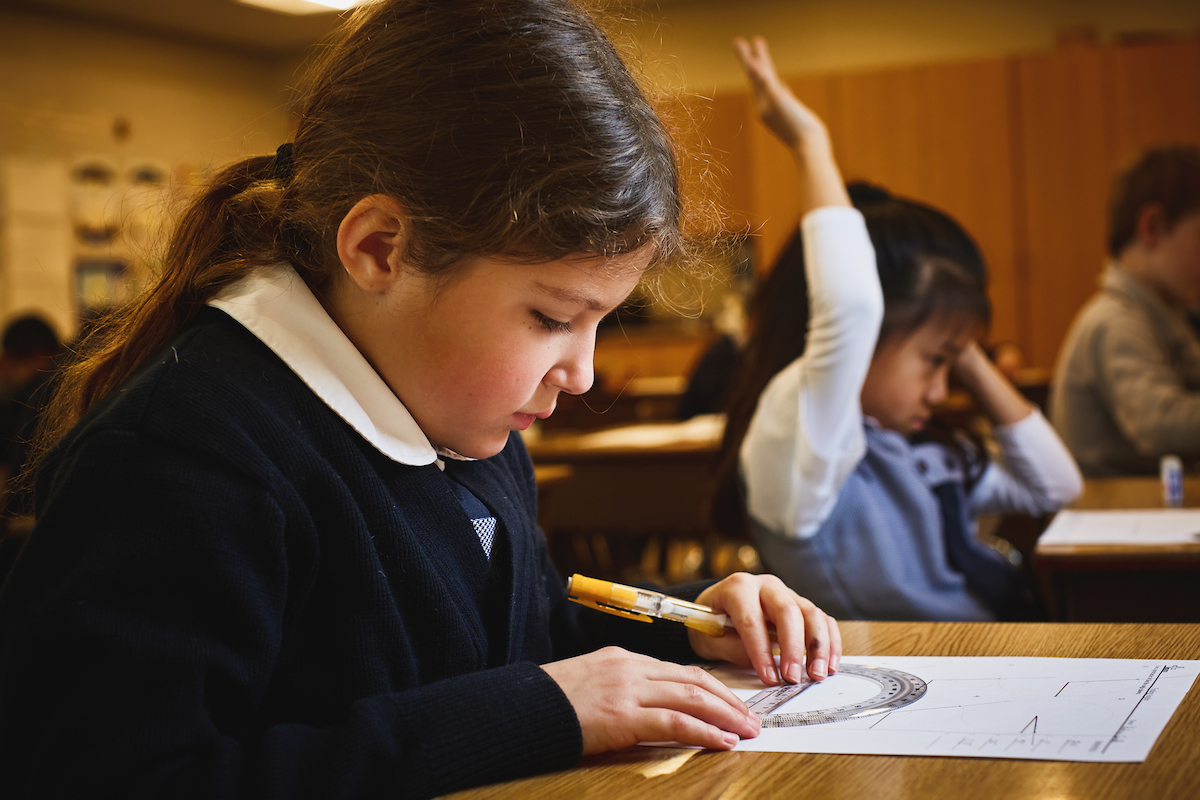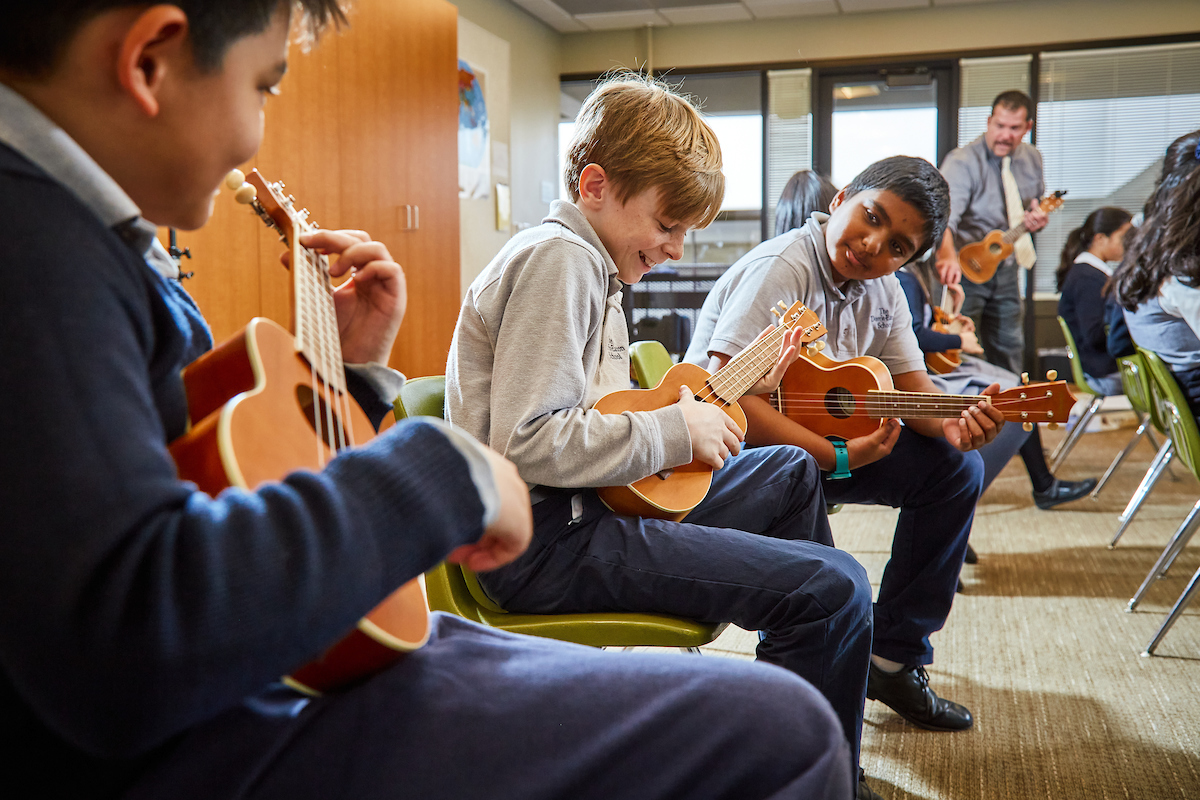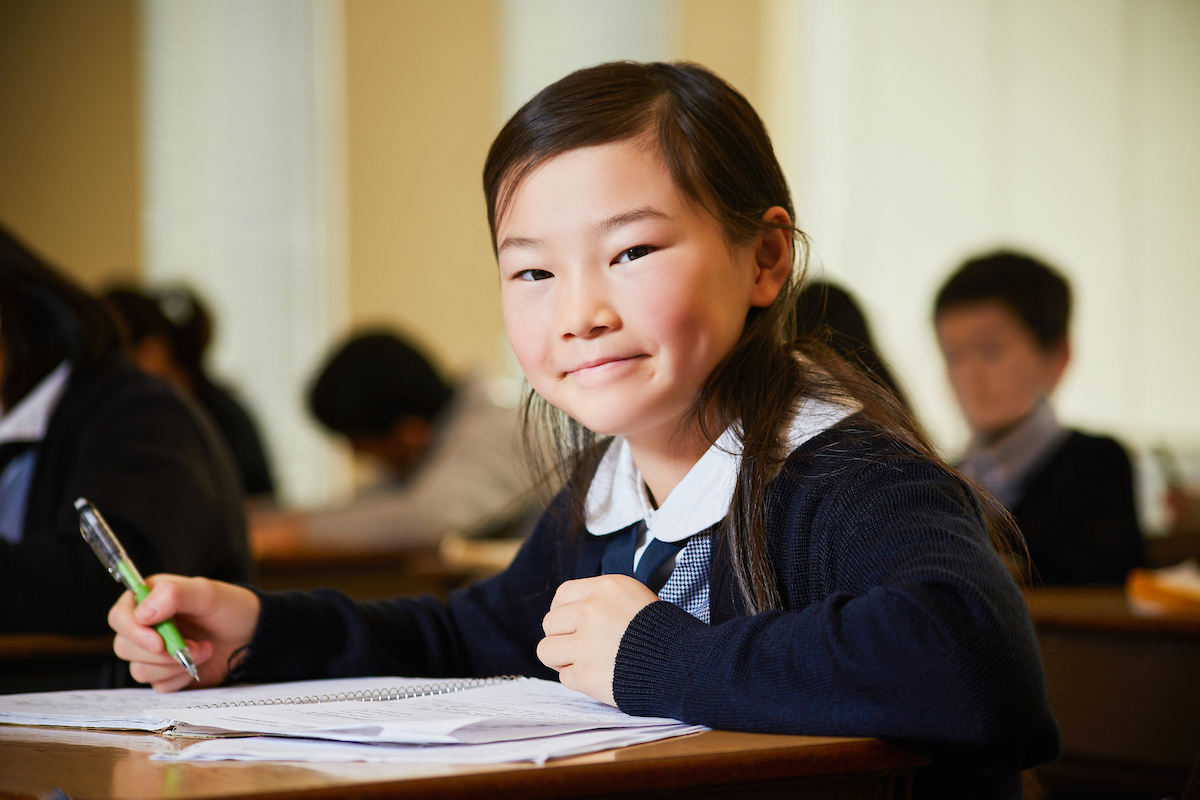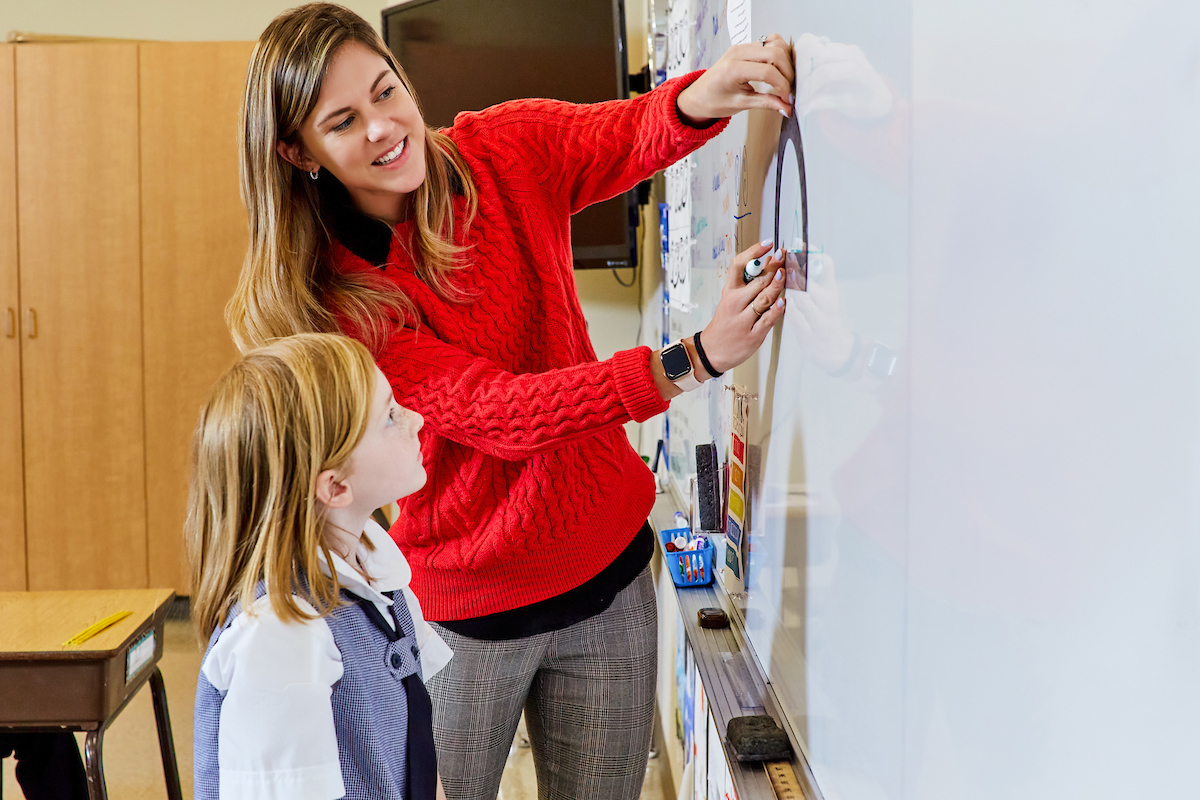Building a strong academic foundation and nurturing social skills.
Individualized mentoring paired with collaborative learning
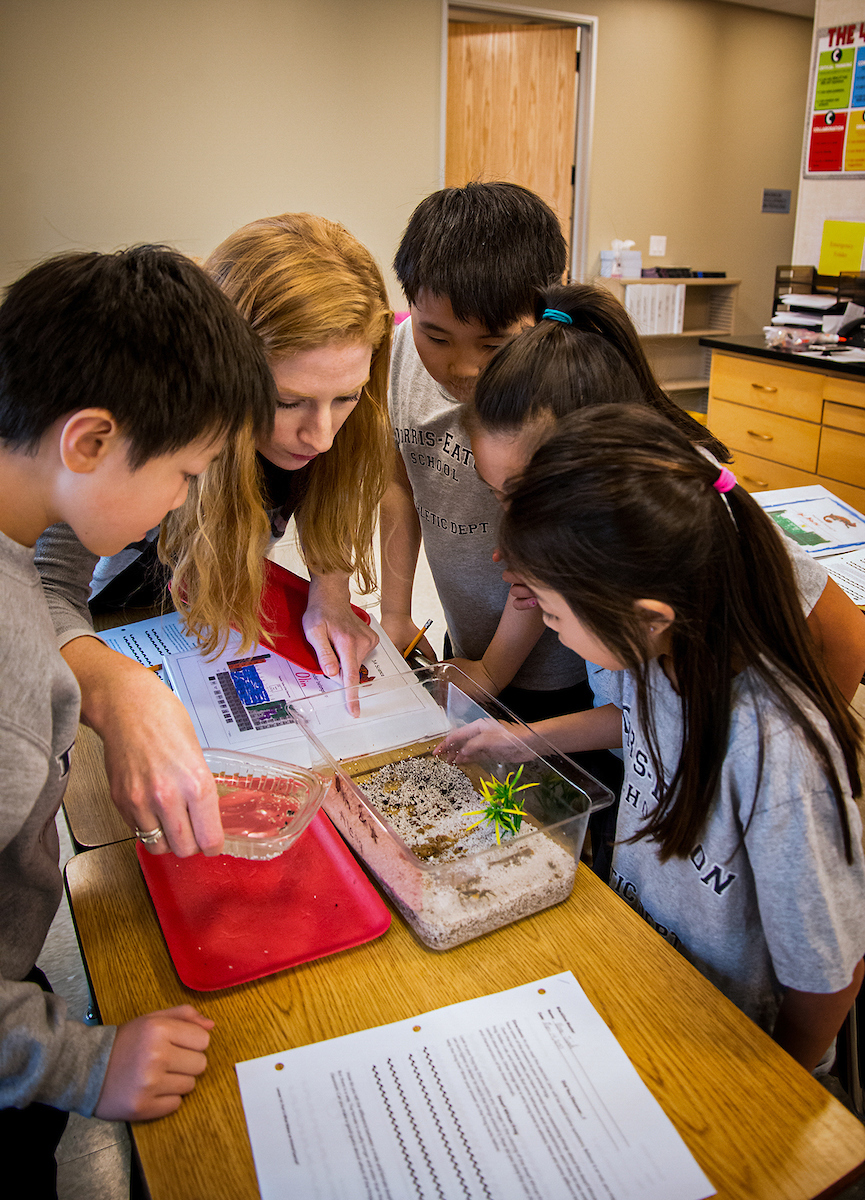
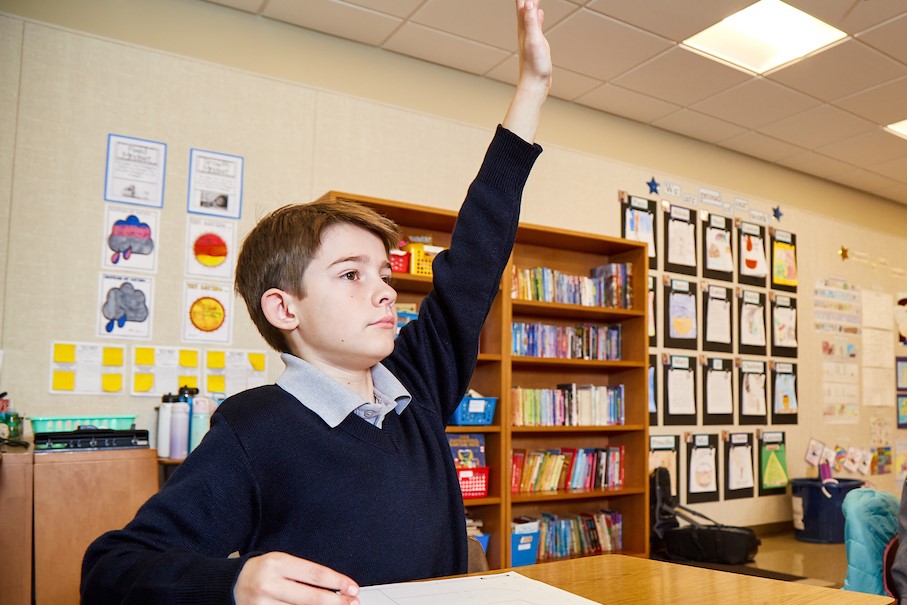
Strong Foundations
The habits and skills developed now will have a lasting
impact.
What you'll find below:
Beginning your school search?
Visit The Dorris-Eaton School.
See the campus, meet our teachers, and observe classroom interaction.
Grades 3 - 5
Stimulating and enjoyable, Dorris-Eaton's academically sound upper elementary curriculum enables teachers to motivate students to reach their potential. Students tackle all subjects with excitement and ease because they know their teachers are there to walk them, step-by-step, through the process of successful learning. They also know that praise for a job well-done awaits.
Peppered throughout the weekly schedule are classes in art, music, Spanish, and physical education, each taught by a teacher specializing in their field.
Language Arts
Mathematics
History and Science
From moon phases to microscopes, metrics to microbes, the science curriculum is designed to unearth curiosity and organize the quest for answers by introducing the scientific method and performing lab investigations. A science laboratory provides the perfect space where students perform experiments and discuss their findings.
Public Speaking and Social-Emotional Learning
In all that transpires, thinking and questioning are continually encouraged. After all, problem solving—from mathematical to social—requires open-mindedness, initiative, and empathy. Being an outstanding citizen depends on more than academic strength. Throughout each day, students are guided to demonstrate kindness, respect, empathy, and responsibility.
